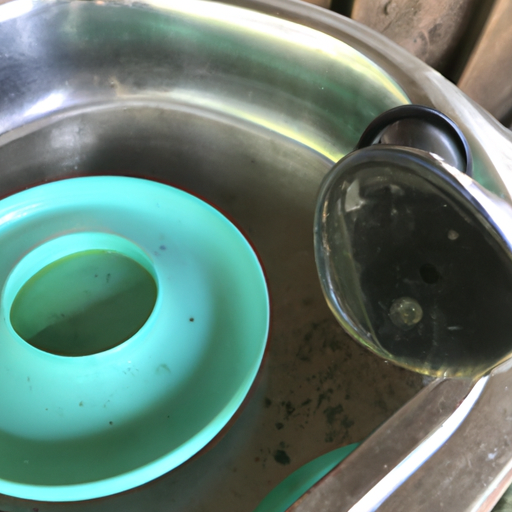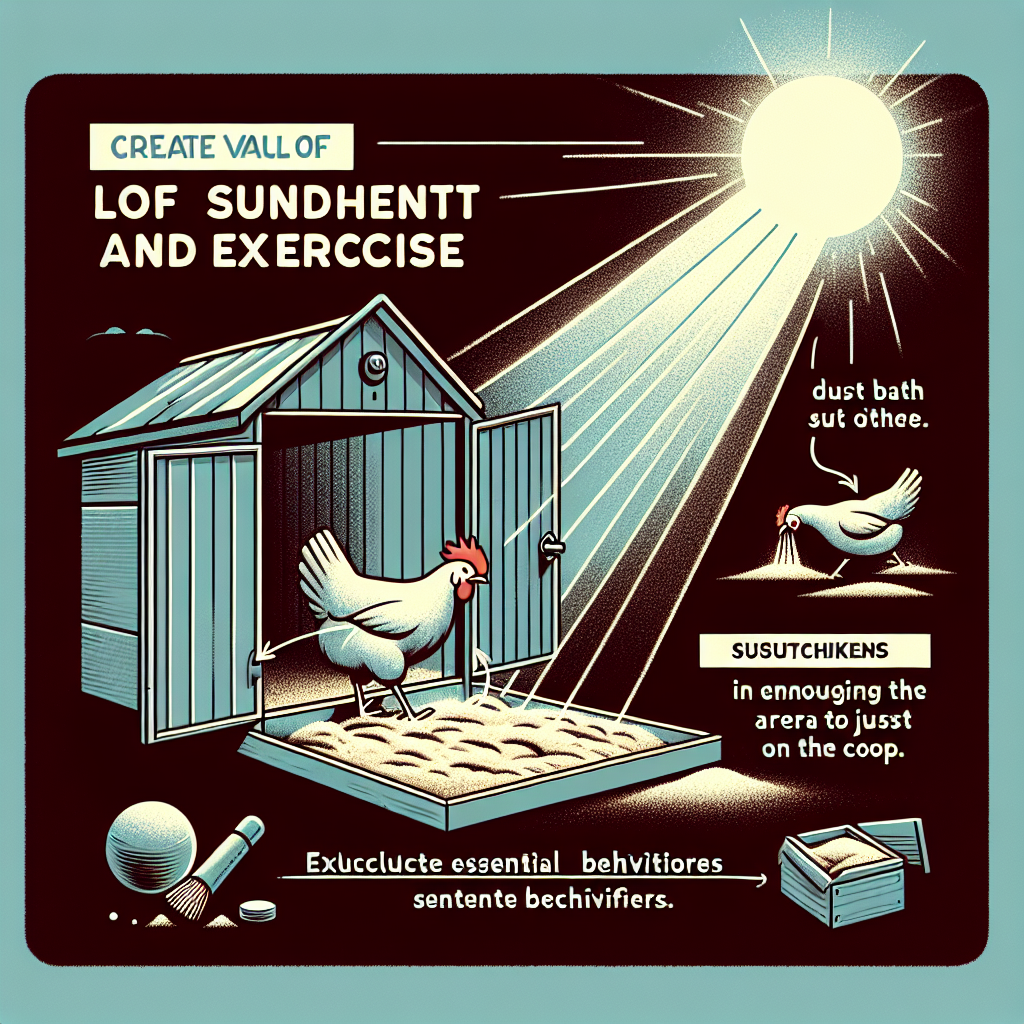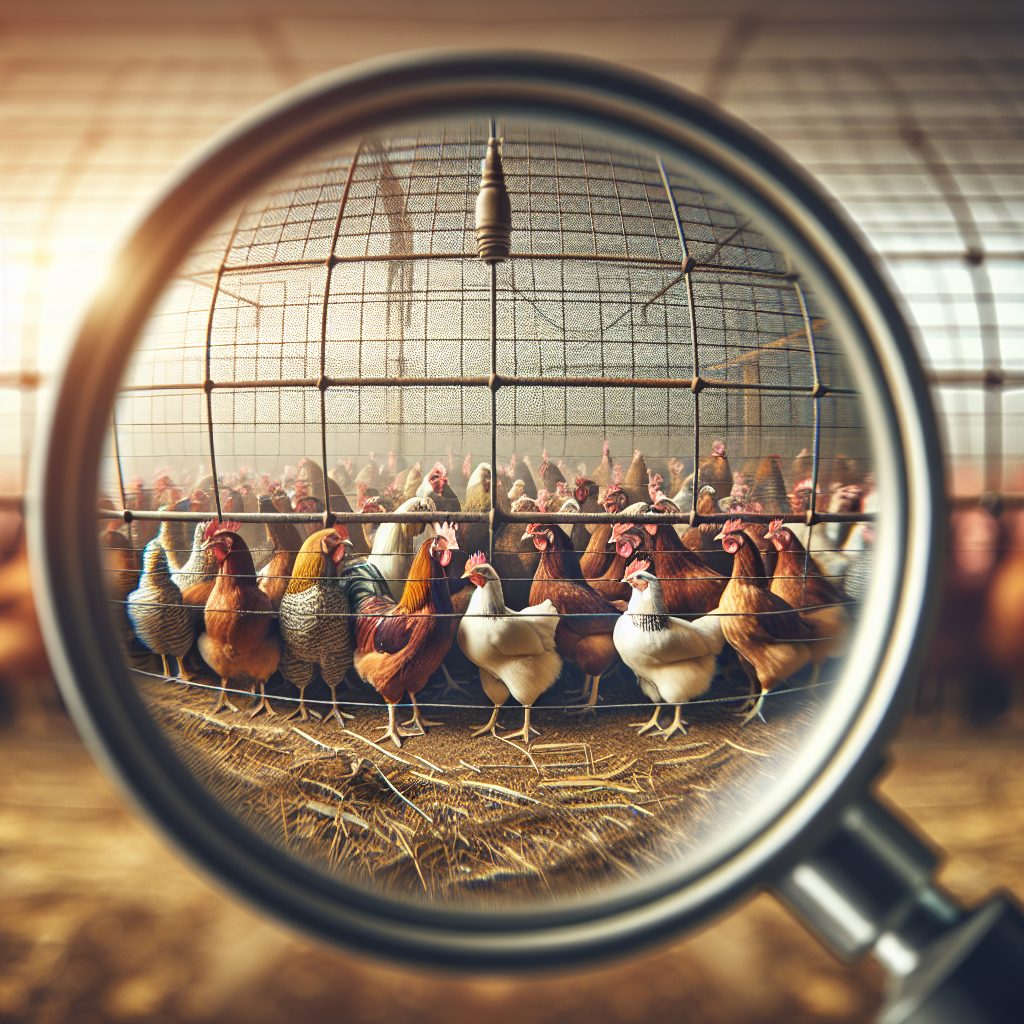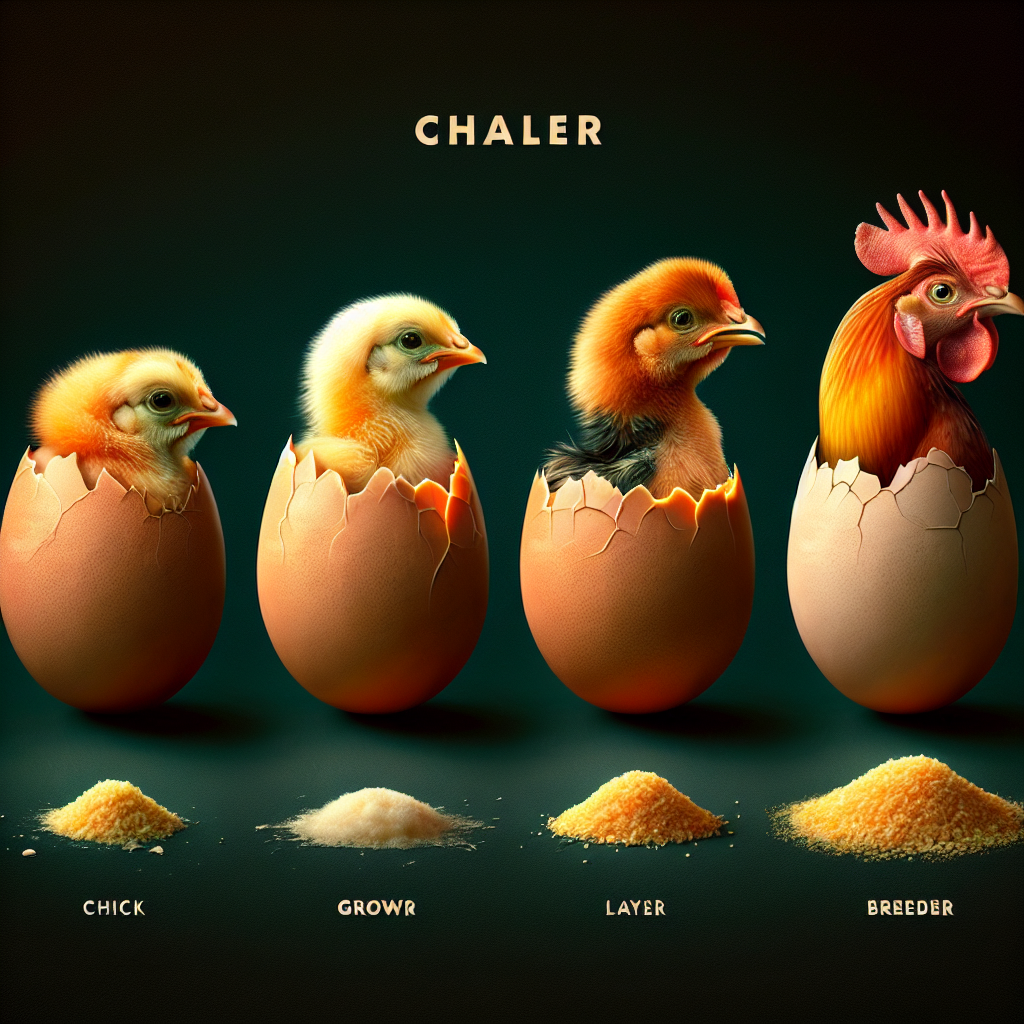Do you have chickens and wonder how often you should provide them with fresh water? In this article, we will explore the importance of regularly supplying your feathered friends with clean water and discuss the ideal frequency for doing so. By understanding the needs of your chickens, you can ensure their health and well-being are top priorities. So, let’s dive into this topic and learn how often you should refresh that water dish!
Importance of Fresh Water for Chickens
Hydration
Fresh water is essential for chickens to maintain proper hydration. Just like humans, chickens need an adequate supply of water to survive and thrive. Water makes up a significant portion of a chicken’s body weight and is essential for various bodily functions. It helps regulate body temperature, aids digestion, and facilitates the transportation of nutrients throughout their bodies.
Regulation of Body Temperature
Water plays a crucial role in regulating a chicken’s body temperature. Chickens are unable to sweat; instead, they lose heat through their respiratory system and by panting. During hot weather, chickens rely on water to cool themselves down by evaporating moisture from their respiratory passages. Without enough water, chickens may struggle to manage their body temperature, leading to stress, heat exhaustion, and potentially even death.
Digestion
Adequate water intake is necessary for proper digestion in chickens. The digestive system of a chicken relies on moisture to break down feed and absorb essential nutrients. Water helps soften food, making it easier for chickens to swallow and digest. Without enough water, chickens may experience digestive issues such as impacted crop or constipation, which can be detrimental to their overall health and well-being.
Egg Production
Freshwater is crucial for egg production in chickens. Water is the primary component of an egg, accounting for about 70% of its weight. Hens require a significant amount of water to produce high-quality eggs. Insufficient water intake can result in reduced egg production, smaller-sized eggs, and shell irregularities. Providing access to clean and fresh water ensures optimal egg production and supports the overall health and vitality of the flock.
Factors Affecting Water Consumption
Environmental Conditions
Environmental conditions have a significant impact on the water consumption of chickens. During hot weather, chickens tend to drink more water to stay hydrated and regulate their body temperature. High humidity levels also increase their water needs as they pant more frequently. In contrast, during colder weather, chickens may consume less water, but it is still essential to provide an adequate supply to prevent dehydration.
Type of Feed
The type of feed chickens consume can affect their water intake. Dry feed, such as pellets or grains, necessitates higher water consumption compared to moist or wet feed like mash. Chickens might drink more water to aid in the digestion and moistening of dry feed. Understanding the composition of their diet is essential in estimating their water requirements accurately.
Age of Chickens
The age of chickens can influence their water consumption. Young chicks require frequent access to water as they are growing rapidly. As they mature, their water needs gradually decrease but are still significant. Adult hens need ample water to support their egg production and overall health. It is important to monitor the water intake of chickens at different stages of growth to ensure their needs are met.
Health and Activity Levels
The health and activity levels of chickens also affect their water consumption. Sick or injured birds may have increased water requirements to support their recovery. Similarly, active chickens or those kept in an environment that encourages physical exercise, such as free-ranging, may require more water. Monitoring the overall well-being and behavior of chickens can help determine any changes in water needs.
General Guidelines for Watering Chickens
Availability of Water
Providing a constant supply of fresh water is vital for the well-being of chickens. Water should be easily accessible at all times, ensuring that all birds in the flock can drink without competition or difficulty. The water containers should be positioned at a comfortable height for chickens to reach and placed in multiple locations within the coop or run, preventing overcrowding and ensuring each bird can hydrate as needed.
Frequency of Watering
Chickens should have access to fresh water throughout the day. Depending on the environmental conditions, it may be necessary to refill the containers more frequently. During hot weather, it might be beneficial to monitor water levels and refill whenever necessary to prevent dehydration. Promptly replacing any spilled or soiled water will also encourage chickens to drink and maintain their hydration levels properly.
Watering Methods
Various watering methods can be employed to ensure chickens have access to clean water. Traditional waterers, such as open containers or troughs, are commonly used and can be effective. However, they may be prone to contamination or spillage. Nipple or cup waterers are an alternative option that reduces the risk of water wastage and keeps the water cleaner. Whichever method is chosen, regular cleaning and maintenance are essential to prevent the growth of bacteria and algae.
Water Quality
The quality of water provided to chickens is of utmost importance. Clean and freshwater should be used, free from any contaminants or toxins. Avoid using water sources that may be contaminated with chemicals, heavy metals, or harmful bacteria. If tap water is used, consider testing it to ensure it meets the recommended standards for poultry consumption. Filtration or chlorination systems may be necessary to enhance water quality when needed.
Watering Practices during Different Seasons
Summer
During the scorching summer months, water management is crucial for the well-being of chickens. Provide abundant shade and shelter to reduce heat stress, and ensure an ample supply of fresh and cool water at all times. Consider using a misting system or spraying water in the coop or run to create a cooling effect. Regularly monitor water levels to prevent dehydration and provide additional water sources if needed.
Winter
In colder temperatures, it is essential to prevent water from freezing to ensure continuous access for chickens. Insulated water containers or heated waterers can be utilized to prevent freezing. Checking the water supply multiple times a day and replacing frozen water with fresh, unfrozen water is crucial. Offering warmer water during extremely cold weather can help maintain body temperatures and prevent dehydration.
Autumn and Spring
During transitional seasons, monitoring water consumption and adjusting water management accordingly is vital. While chickens may not experience extreme weather conditions during autumn and spring, it is important to maintain a consistent supply of clean and fresh water. Changes in temperature and weather patterns may require periodic adjustments in watering practices to meet the flock’s needs adequately.
Potential Watering Issues and Troubleshooting
Water Dispensing Problems
Occasionally, issues may arise with the water delivery system. Clogged or malfunctioning waterers can prevent chickens from accessing water. Regularly inspect water containers, ensuring they are in proper working condition and free from blockages. Promptly address any issues to prevent potential dehydration or discomfort among the flock.
Contamination
Water sources can become contaminated with bacteria, algae, or other pollutants. Regularly clean and sanitize water containers to prevent the growth of harmful microorganisms. Avoid placing waterers on the ground directly to minimize the risk of contamination from feces, dirt, or debris. Providing clean water at all times is essential for the overall health and productivity of the flock.
Freezing
In freezing temperatures, water can quickly turn into ice, depriving chickens of access to water. Insulated water containers or heated waterers can help prevent freezing. Routinely check the water supply to ensure it remains unfrozen. Additionally, consider providing warmer water during extremely cold weather to support hydration and prevent frostbite.
Overconsumption
Sometimes, chickens may exhibit excessive drinking behaviors, leading to overconsumption of water. This may be indicative of an underlying health issue, such as kidney or hormonal problems. If there is a noticeable increase in water consumption without apparent external factors, it is advisable to consult a veterinarian to rule out any potential health concerns.
In conclusion, ensuring a proper supply of fresh water is essential for the well-being of chickens. Hydration, regulation of body temperature, digestion, and egg production all rely on an adequate intake of water. Factors such as environmental conditions, type of feed, age of chickens, health, and activity levels can impact their water needs. Implementing proper watering practices, monitoring water quality, and troubleshooting potential issues will help maintain a healthy and productive flock throughout different seasons. Remember, water is an invaluable resource for your chickens, so keeping it clean, readily available, and at an appropriate temperature will play a significant role in their overall health and happiness.




